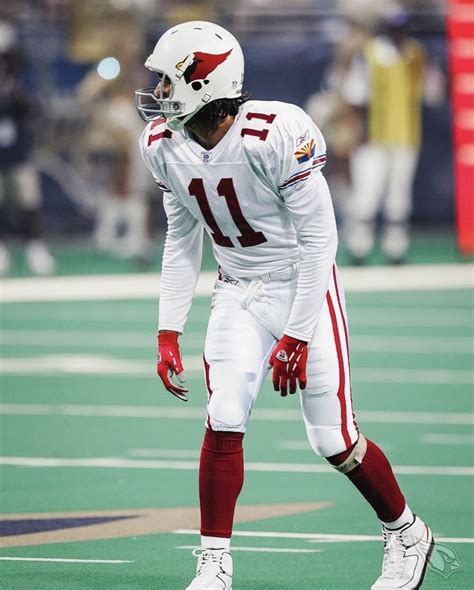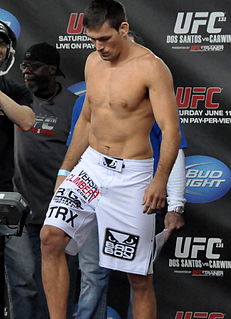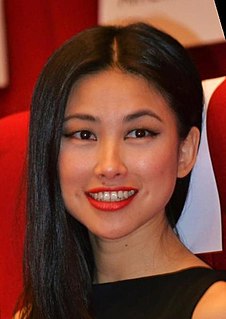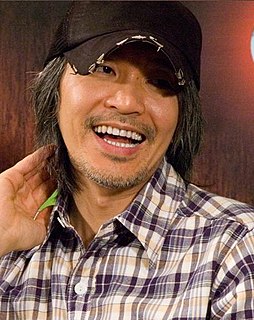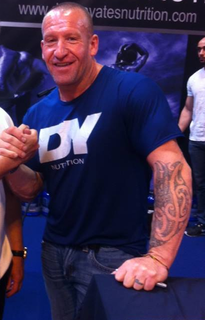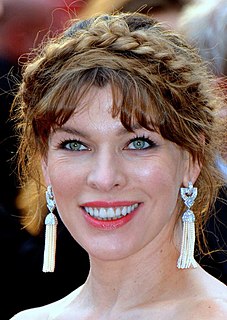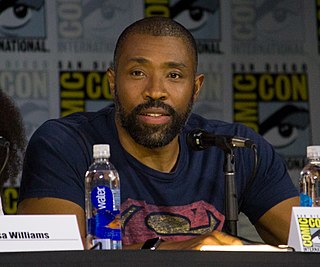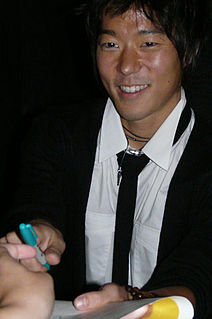A Quote by Gene Luen Yang
In my research, I learned that the Boxers' kung fu wasn't all that formalized. The vast majority of them didn't belong to some age-old martial arts tradition. They were basically poor, starving teenagers doing the best they could to figure out how to fight, relying more on their mystical beliefs than formal training.
Related Quotes
Back in the Bruce Lee era, and in my era, Kung-Fu stirred up a kind of frenzy, and many people were learning martial arts from us. But about a decade ago, Hollywood began bringing in a number of our action choreographers, including two from my own stunt crew, where they became martial arts directors. Now, a decade later, Hollywood has learned it all, so when you look at the action films they're making now, they all use our action, our martial arts, and then add to that their own technology which is ten times better than ours, and it has to leave us dumbfounded: how did they film that?
We wanted the elemental 'bending' to be based on authentic Chinese traditional martial arts, believing this would lend a beauty and resonance to the animation and the fictitious disciplines. Once we had that idea, I started looking for a Kung Fu teacher/Martial Arts consultant. My search led me to Sifu Kisu and I began training with him right away.
I started training judo when I was 5 years old. I didn't know much. My mom just took me and my brother to do some judo because we were very energetic. We did that for a couple of years. I don't know why we stopped, but I came back to try other forms of martial arts like kung fu and karate when I was 12 and never stopped.
On 'Black Lightning' I have a stunt double who's a lot younger than me. The fighting style on the show is heavily martial arts-based, and I know boxing; I don't know martial arts. I also have a really bad knee, and he's been doing martial arts since he was 6 years old, so I'm not thinking, 'No, I can do that! I can make that look cool!'
Muhammad Ali was unquestionably one of the greatest boxers of the 20th century and a sincere advocate for his religious beliefs. In his life, he defeated the best professional boxers of his era, some of them more than once, which meant he was easily forgiven the excesses of his ringside braggadocio.



